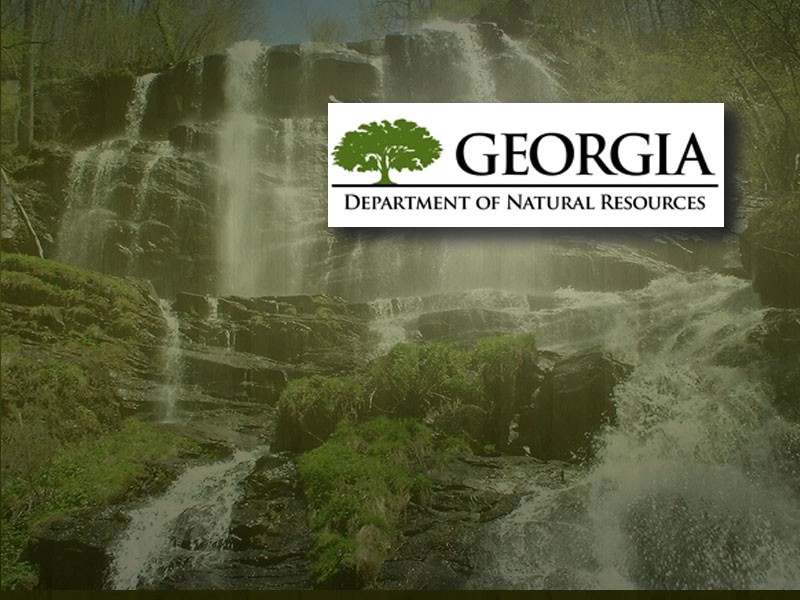As the fishing season opens up on Lake Lanier, Regional District Supervisor for the North Georgia Wildlife Resources Division of the Department of Natural Resources Anthony Raburn shared some of the regulations the department has in place to help protect the fish population each season.
According to Raburn, the department prioritizes wildlife preservation in the area through daily limits to help prevent overfishing each year. The daily limits vary for each species depending on its demand and population numbers.
“We have a mission to protect and serve and, and utilize our fishery resources in a wise way,” Raburn said. “And if fish populations are ever exploited, then they can’t be utilized by very many people. So, our agency in the fishery section in particular, our role is to manage sport fish in a wise way to optimize their use and their harvest. So, we've identified I guess, there's probably about 30 fish that we actually regulate in a very strict way in terms of size limits and creel limits to protect them from being over-harvested. And these species are ones that anglers, people who enjoy fishing like to go out and fish and like to take home and eat.”
One of the main species that falls under these stricter regulations is the bass.
“For bass in particular, and Lake Lanier, that is the dominant fishery, the daily limit a person can catch and keep, this would be taken out the lake, taken home for whatever purpose they want to utilize, is 10 fish per day,” he said. “ And then there's a possession limit, which is double the daily limit that's 20 that you can have in total in your possession so that regulation is in place to prevent overharvest of the bass fishery.”
Aside from daily limits, the department also requires that each species of fish grows to its specie’s reproductive size before it can be taken out of Lake Lanier.
“We want to protect fish so that they can spawn at least one time,” Raburn said, “So, we want them repopulating and self-sustaining their population, so we'll protect fish until they reach a size where they're in adulthood and it spawned at least at least once.”
According to the department's fishing regulations book, some of the most popular fish that fall under these regulations include bass, catfish, and crappie, among others.
Raburn, however, emphasized that no matter what species of fish an angler may catch, all fish in North Georgia are protected under some sort of regulation.
“All fish fall under some kind of regulation category, at least in freshwater,” Raburn said. “So they are afforded some kind of protection for every fish that swims in fresh waters in Georgia. It's not that they're ignored just because it's not a bass and you know, the most popular fish in Georgia can be something that's pretty innocuous, and they and they do have some level of protection by our agency. So what I want folks to know is that we're watching over our fishery resources and giving equal consideration to everything and trying to maintain a good balance within the freshwater or ecosystem.”
Raburn also noted that in recent years, thanks to the catch–and--release trend, overharvesting is no longer the threat that it once was. However, the department has other concerns regarding protecting the fish population.
“There are things that can really harm our fisheries, outside of overfishing,” Raburn said. “Our biggest threats today, what we're seeing, is the illegal introduction of fish that are not native to our area and Lake Lanier.”
Raburn said the invasive species causing the most harm to the ecosystem is the Blue Back Herring, which was illegally introduced to Lake Lanier twenty years ago.
“[They] totally changed the dynamic of the Lake Lanier fishery and there have been some good things, but there have been some not-so-good things as well,” he said. “It's things like that that have a greater impact on our fishery resources.”
Another species that threatens the natural flow of the ecosystem is the Zebra Mussel, which reproduces at a rapid rate and uses the resources of the area it is in.
Raburn noted that if while fishing, you suspect a fellow angler is overfishing or causing other threats to wildlife, call the overfishing hotline number at 800-241-TIPS to report suspicious activity.

http://accesswdun.com/article/2023/6/1190062/working-tittle
